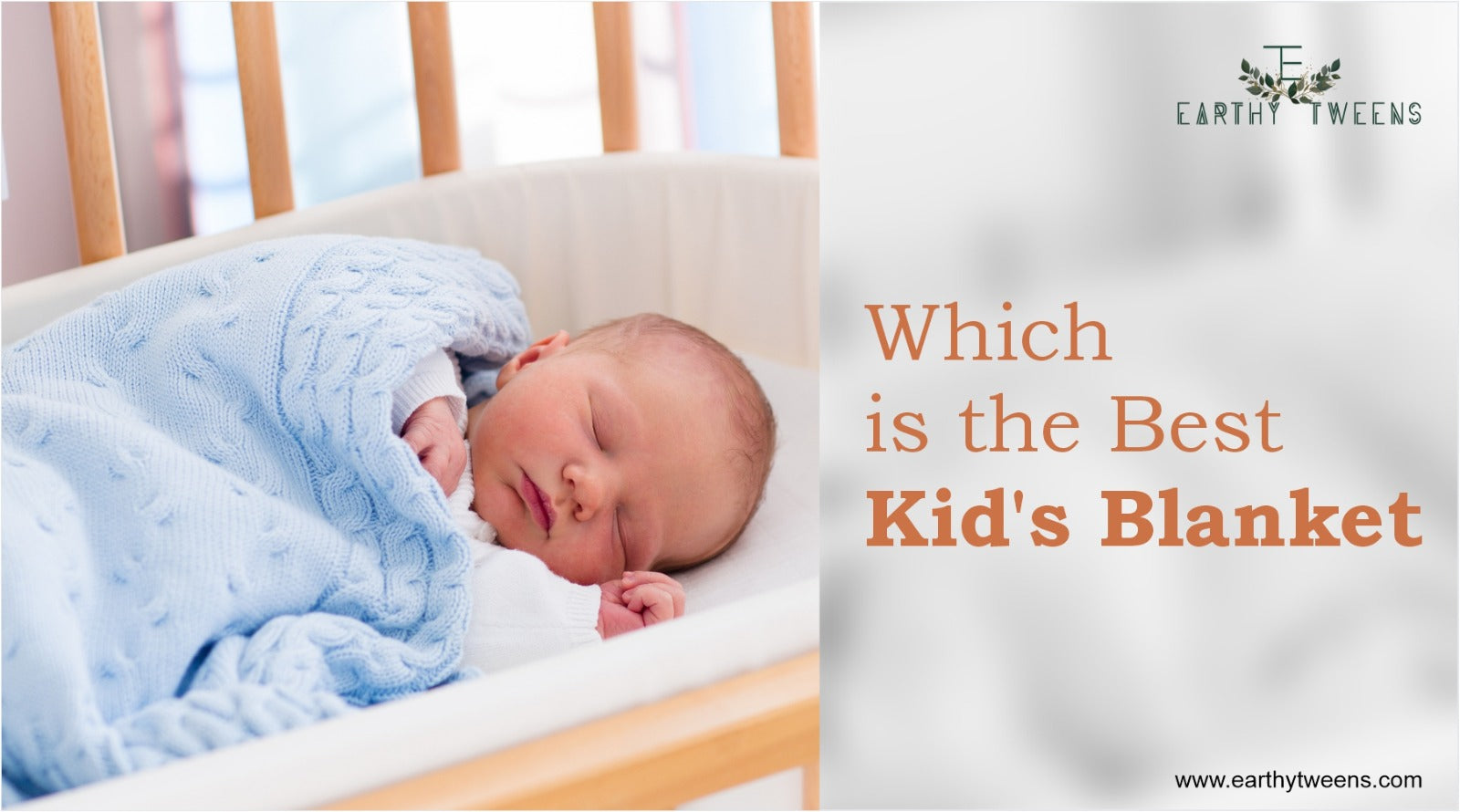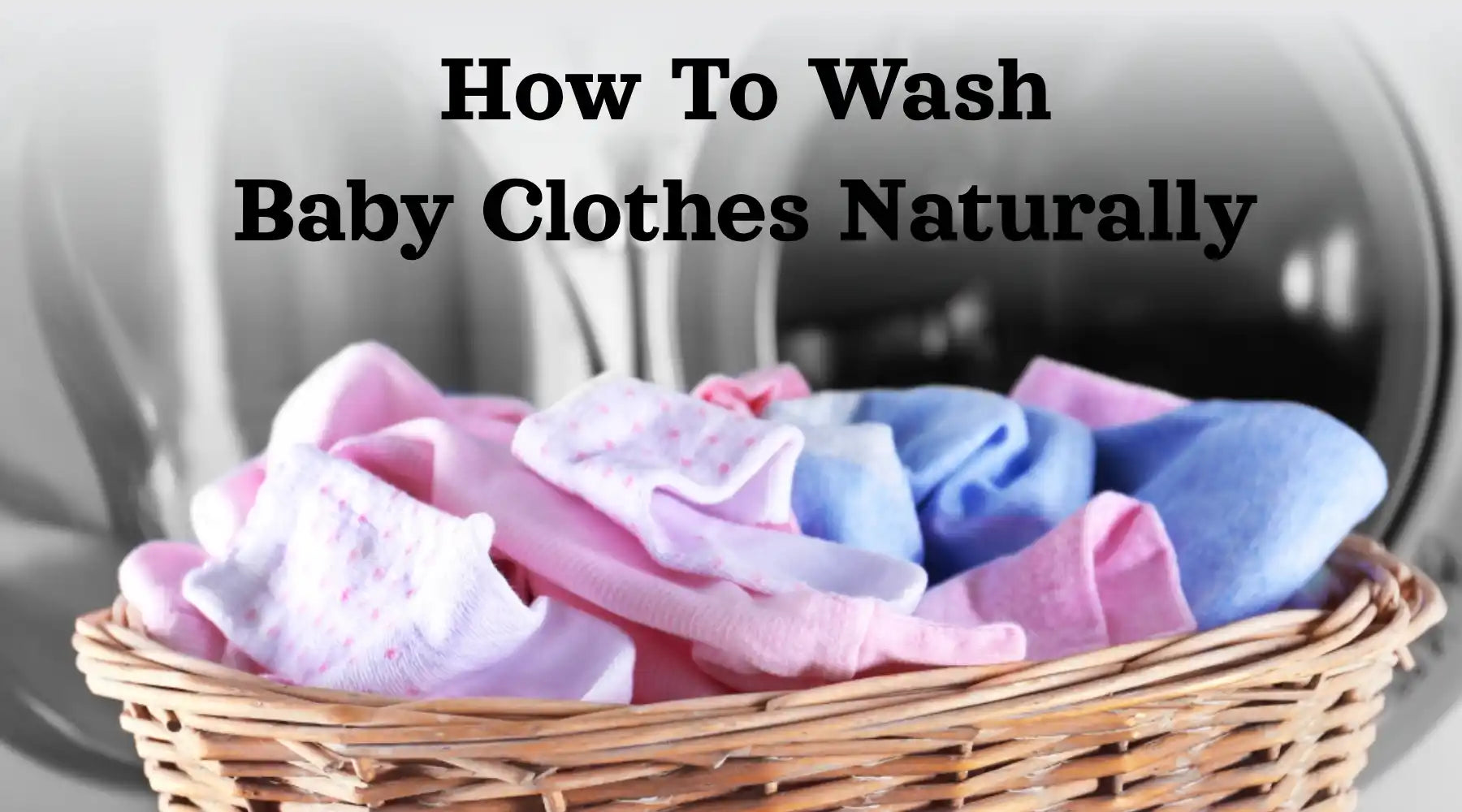When it comes to choosing clothing and other products, terms like sustainable Fashion, eco-friendly wardrobe, organic clothing, ethical Fashion, and green style are often used to appear while searching them online.
But have you ever tried to understand the definition or practical implication of sustainable Fashion?
Well, you are not the only one unaware of its correct definition. In this blog, we will give you comprehensive insights into the real-world usage of Sustainable Clothes, essentials and products.
What is the Meaning of Sustainable Products?

"Sustainable" or "Sustainability" refers to the continuous circulation of "manufacturing-utilization-disposal" of products, essentials, or even clothes. There is a system of making products that are good for the environment and would not harm you if you use them. Even when such products are out of use, they are disposed of without causing any harm to the environment, like soil and water pollution.
Sustainability is our social responsibility to protect the natural resources given to us and use them without disturbing Nature's harmony. These products are called sustainable due to their nature-friendly Characteristics.
What is Sustainable Fashion?
Sustainable Fashion solves the environmental and social issues caused by fast Fashion. It strives to reduce the negative impacts on the environment and society by considering the complete lifecycle of a garment. Many renowned fashion brands promote sustainable Fashion to flourish in the environment and help reduce fabric waste.
Earthytweens is a sustainable fashion brand providing nature-friendly, 100% organic clothing for kids and women. It is not only a clothing brand but also promotes holistic Sustainability for all. Earthytweens is an organic clothing brand that supports #indiakaorganicfashion.
What are the Practices of Sustainable Fashion?
Where brand leads sustainable Fashion as their prime responsibility to nourish the environment by adapting the most important functions that support sound and trending sustainable Fashion as mentioned below:
1. Circular Fashion
Circular Fashion is a process that promotes a closed-loop system, where products are designed to be recycled, upcycled, or repurposed at the end of their life cycle. This reduces the amount of clothing that ends up in the trash yard.
2. Social Responsibility
Sustainable brands often prioritize social responsibility, supporting local communities and contributing to social causes. This may involve sourcing materials locally, supporting artisanal craftsmanship, and fostering economic development.
3. Environmental Considerations
Sustainable Fashion aims to reduce the industry's environmental footprint. This involves using eco-friendly materials, minimizing water usage, and adopting sustainable manufacturing processes. Some brands focus on upcycling or recycling materials to create new fashion items, reducing waste.
4. Ethical and Fair Labor Practices
Sustainable Fashion promotes fair labor practices, ensuring that workers in clothing production receive fair wages, work in safe conditions, and are treated ethically. This contrasts with the exploitation often associated with fast fashion.
5. Durability and Excellence
Sustainable Fashion aims to produce long-lasting, high-quality items that can withstand trends, unlike the fast fashion model that creates cheap, disposable items with a short lifespan.
6. Transparency in manufacturing
Transparency in manufacturing 100% organic garments is a crucial aspect of Sustainable Fashion. Brands committed to Sustainability are open about their supply chains, production processes, and material sourcing, which allows consumers to make wise decisions about the products they purchase.
How Sustainable Fashion Benefits Your Kid's Health
Sustainable Fashion has potential health benefits for children. It reduces exposure to harmful chemicals, provides better air quality, and uses non-toxic dyes and finishes. It often emphasizes durability and longevity, which can reduce health risks associated with clothing production. Sustainable Fashion also includes fair labor practices and ethical working conditions, contributing to a healthier environment. Choosing reputable brands is essential to promote sustainable and healthy fashion choices for children.
- Reduced Exposure to Chemicals
- Less fear of Skin disease
- Improved comfort and softness
- Clothes wearing is easy and comfortable
- Absence of toxic dyes
- Reduce health risks
CONCLUSION
In conclusion, the modern generation's choices in clothing and product consumption are increasingly influenced by sustainable practices. This blog has shed light on the significance of understanding terms like sustainable fashion, eco-friendly wardrobe, and organic clothing for making informed choices. Embracing Sustainability is portrayed as a social responsibility, with examples like Earthytweens showcasing a commitment to holistic Sustainability.
Key pillars such as circular fashion, social responsibility, environmental considerations, ethical practices, longevity, quality, and transparency collectively contribute to minimizing the industry's environmental impact. By adopting these principles, individuals and the fashion industry align significantly in promoting responsible and environmentally conscious approaches to Sustainability.








